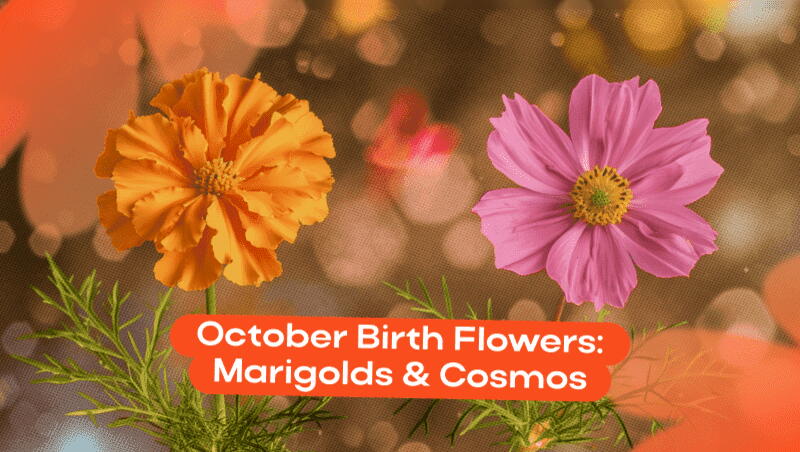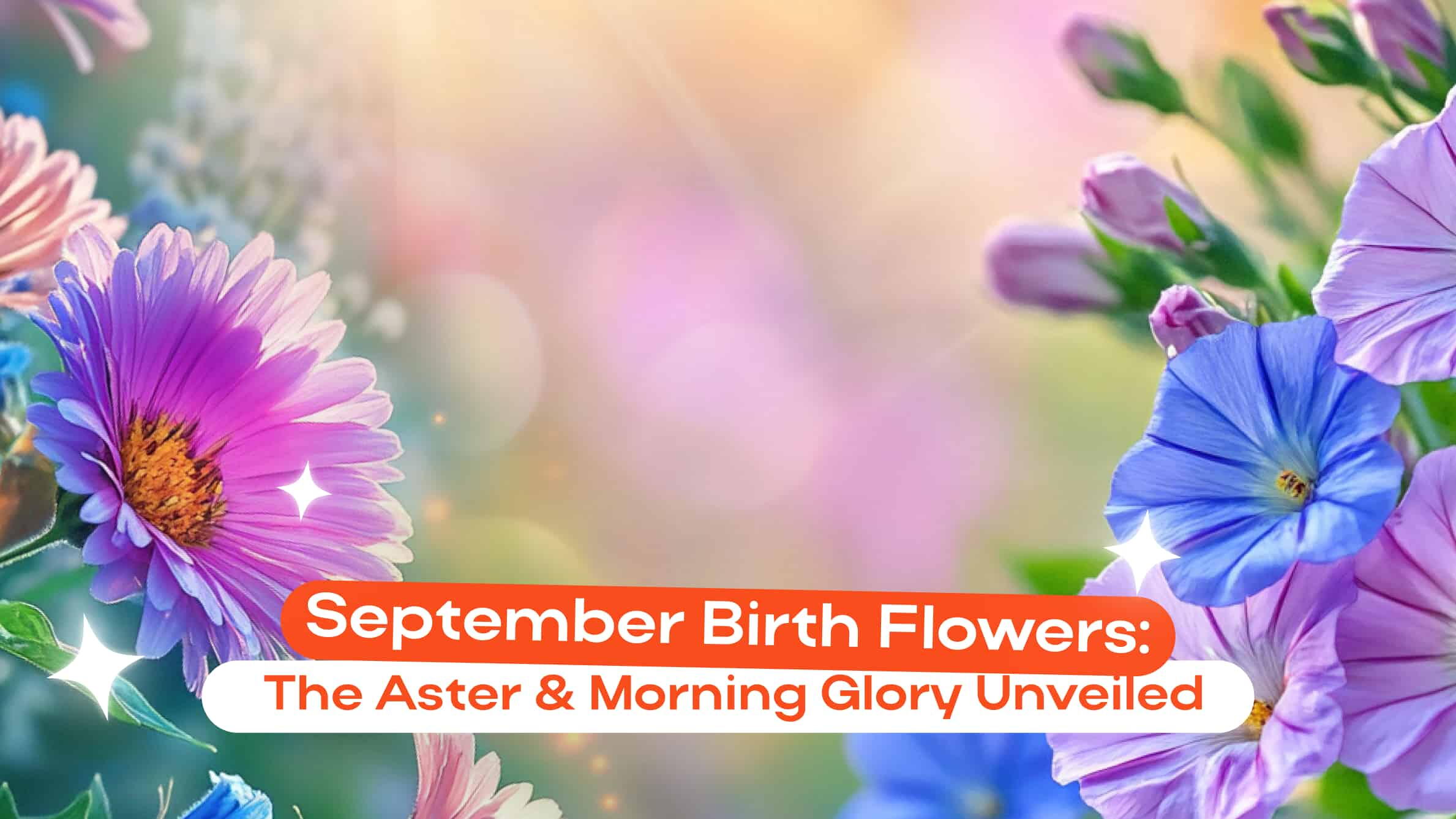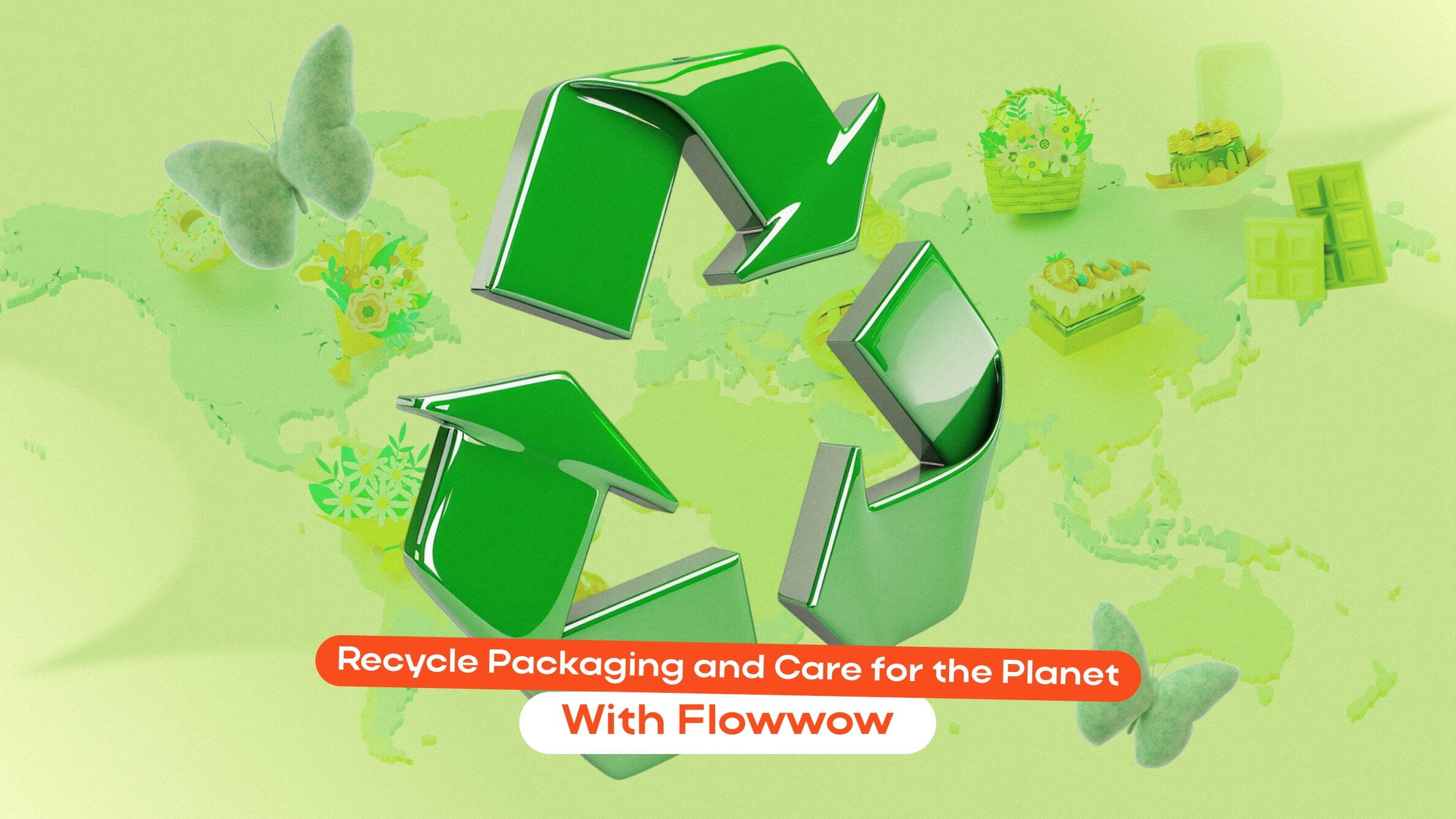
At Flowwow, care is at the heart of everything we do. This encompasses the quality of flowers and gifts showcased on our marketplace and our approach to treating customers, colleagues, surrounding communities, and the planet as a whole. In this article, we'll outline our efforts to advance planetary health and offer practical advice on how you can contribute to making a positive impact.
Caring for the environment in a modern world
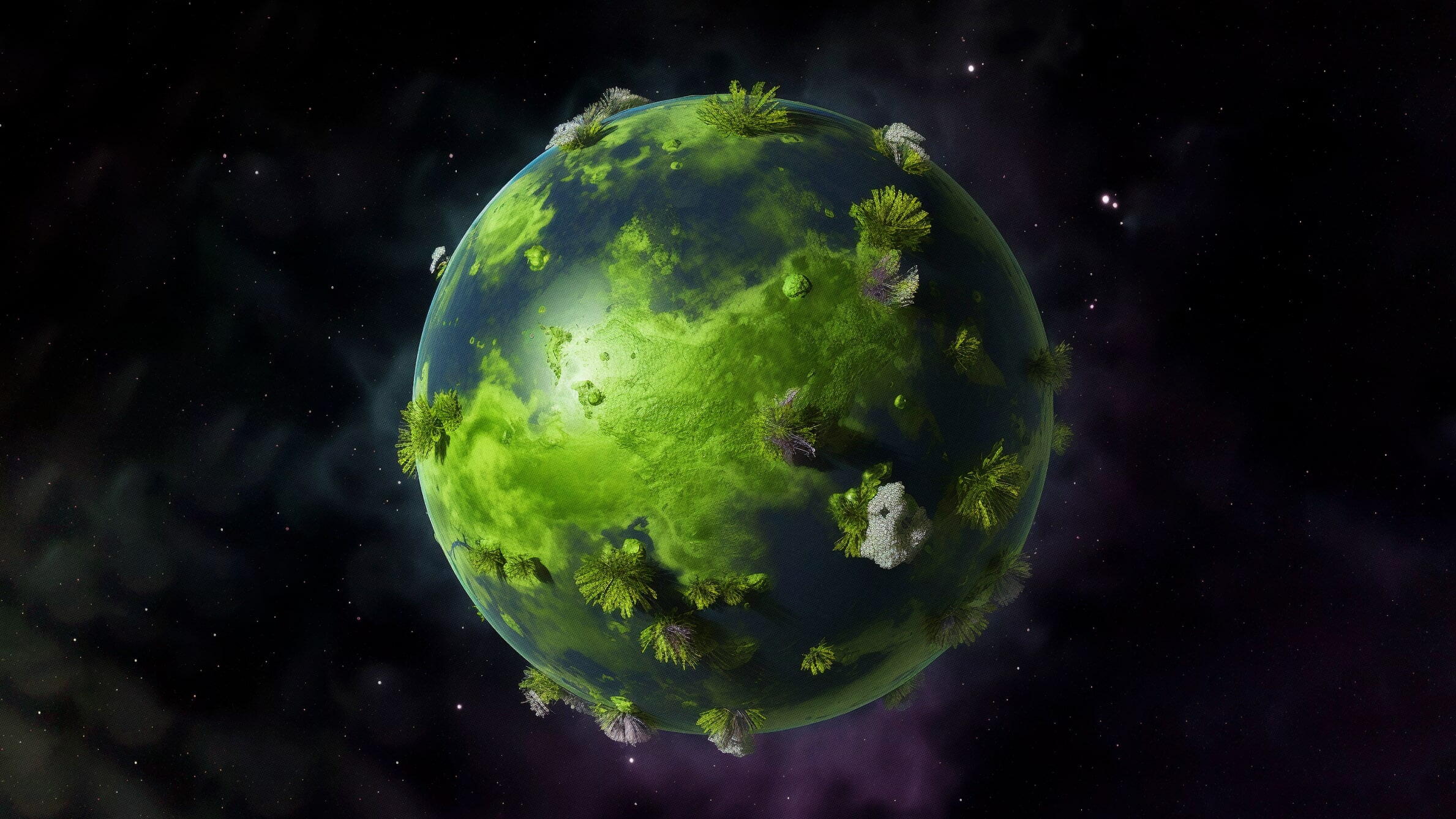
In today's world, environmental care isn't just a moral concern but a pressing necessity. With escalating urbanisation and industrial growth, ecosystems confront unprecedented threats like pollution and habitat loss. Embracing sustainable practices and fostering a collective consciousness towards conservation are critical steps towards ensuring a viable future for generations to come.
Taking care of nature on Flowwow
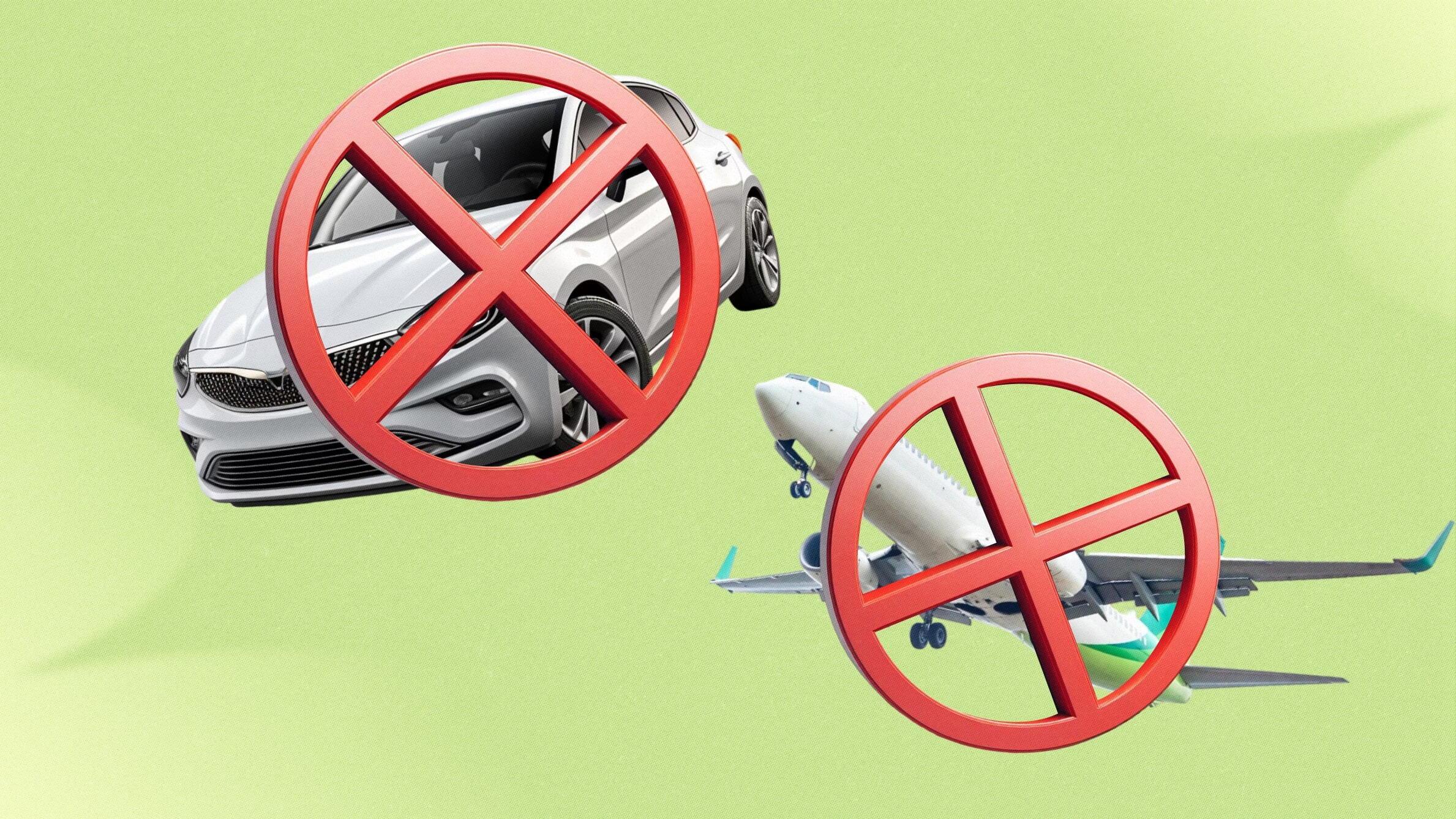
Bouquets, floral arrangements, sweets, and other gifts are undoubtedly sources of joy and delight. Since the natural products featured on our platform depend on the environment in which they are grown, it is essential for us to take care of it.
At Flowwow, our remote work policy not only saves up to 85% on electricity and office resources but also reduces harmful emissions by eliminating the need for employee commuting. Additionally, through our partnerships with local brands, we actively contribute to the growth of the regional economy while prioritising sustainability.
Our local collaborators are dedicated to minimising packaging waste and maximising recycling efforts. For instance, we encourage our sellers to utilise recyclable waxes — specially designed pads to preserve the freshness of flower arrangements. Furthermore, by eliminating intercity delivery services, we significantly reduce our carbon footprint. This comprehensive approach underscores our dedication to sustainability and community development.
Types of packaging and their environmental impact
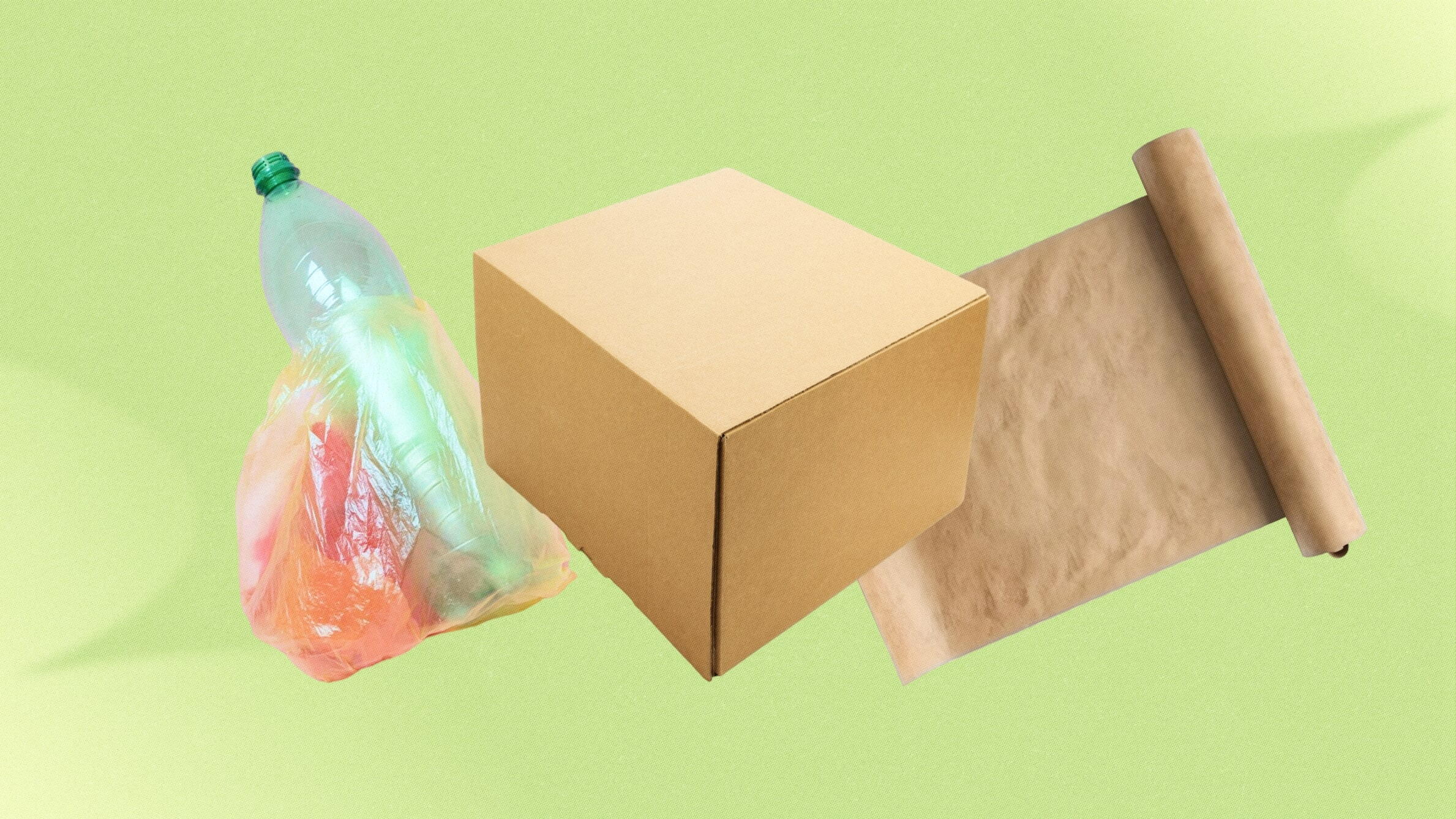
In the floral industry, various types of packaging are used, including plastic, cardboard, paper, natural, reusable, and biodegradable or compostable materials. Let's take a closer look at their impact on the environment.
Plastic wraps
While this type of packaging offers convenience and excellent product visibility, it is typically single-use and contributes substantially to plastic pollution. Plastic wraps, containers, and films can take centuries to break down and often make their way into the ocean, threatening marine life.
Cardboard boxes
Cardboard boxes are a more environmentally friendly option since they are recyclable and biodegradable. Moreover, they are also often composed of recycled materials, which reduces the consumption of new resources. However, this type of packaging can exacerbate deforestation and demands substantial amounts of water and energy for both production and recycling.
Paper wraps
Paper wraps present a sustainable option, being biodegradable and recyclable, while also adding a stylish and elegant touch to gifts. Advancements in sustainable forestry practices ensure that the production of paper minimises environmental impact, promoting biodiversity and maintaining ecosystems.
Natural materials
Using natural materials such as burlap or cotton fabric for wrapping instead of plastic or paper can offer biodegradable packaging solutions while introducing a rustic and eco-friendly aesthetic.
Reusable packaging
The trend towards reusable packaging options like glass jars and metal tins is on the rise, fueled by their ability to be used repeatedly, thus cutting down on waste. Additionally, consumers are increasingly drawn to the durability and aesthetic appeal of these alternatives, further driving the shift away from single-use plastics.
Biodegradable or compostable packaging
Some companies opt for eco-friendly packaging derived from plants like cornstarch or sugarcane. While these materials decompose quicker and lessen fossil fuel dependency, they rely on specific conditions like industrial composting, which isn't universally accessible.
How shoppers can help save the planet
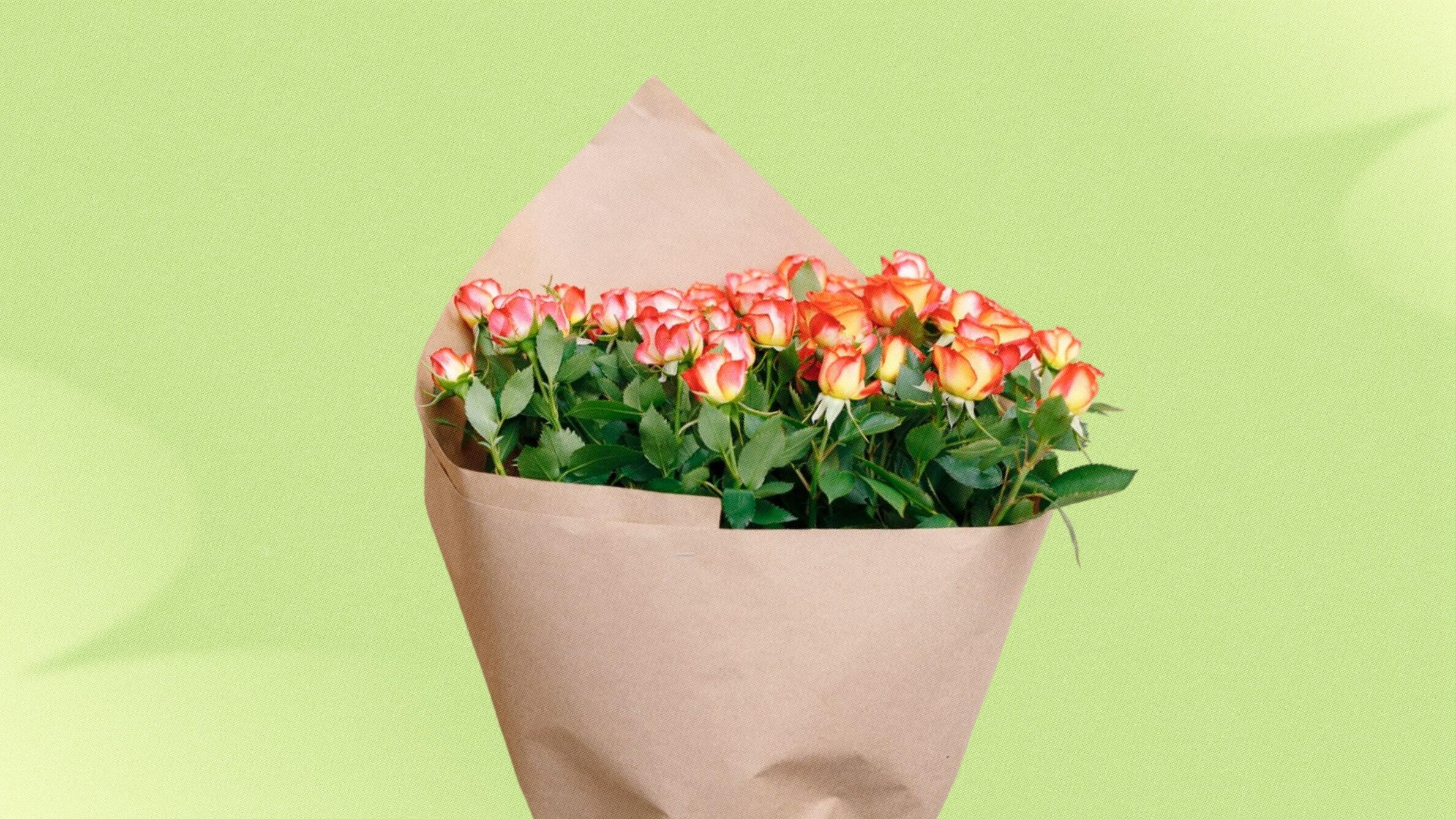
Choosing the right packaging for bouquets
Shoppers can help save the planet by opting for products packaged in biodegradable or recyclable materials, reducing the environmental impact of discarded packaging. Choosing packaging made from sustainable sources like kraft paper, fully recyclable containers, raffia or biodegradable string supports eco-friendly practices in the floral industry.
Replace a paper postcard with a digital greeting
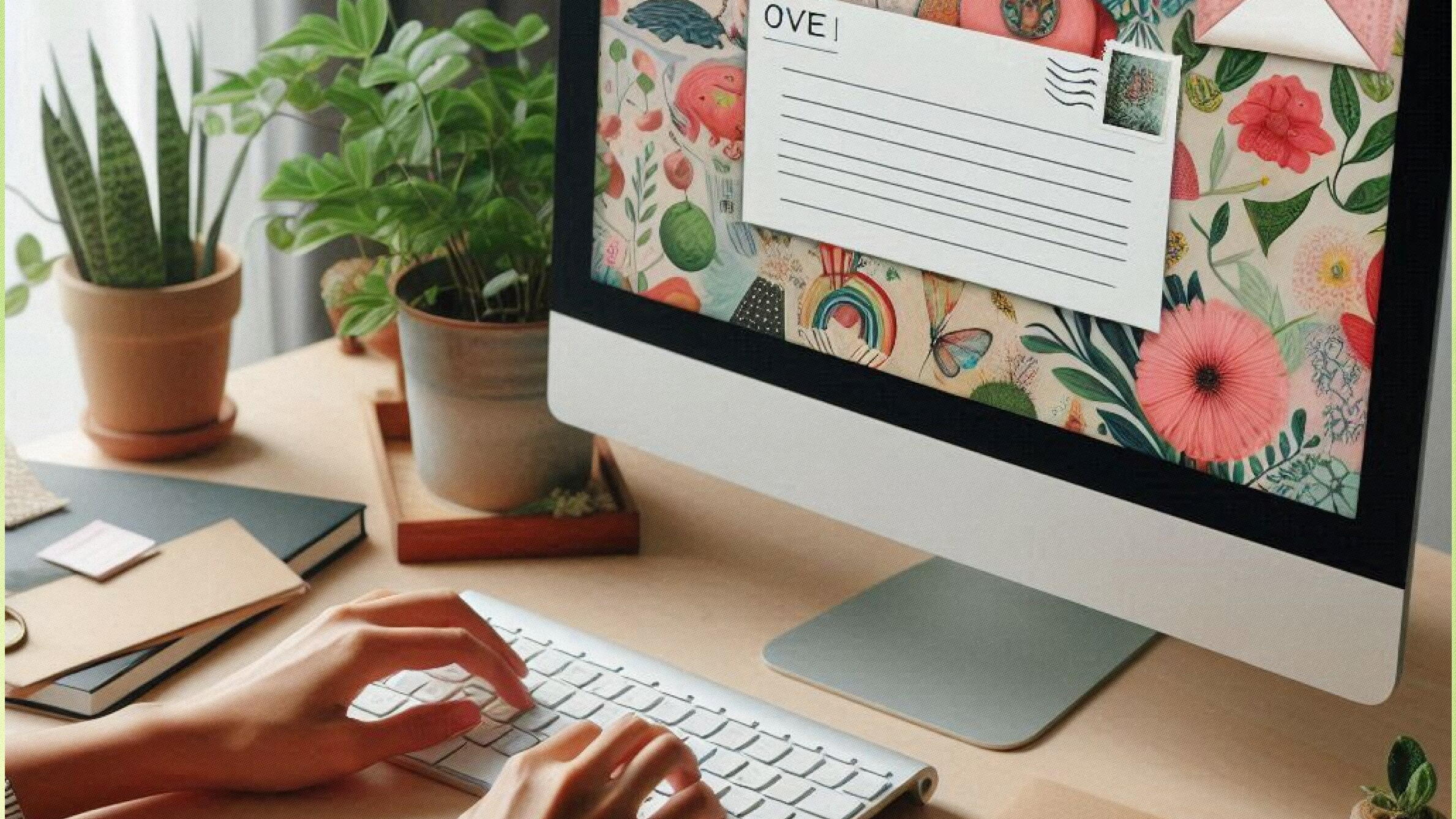
Replacing paper postcards with sustainable alternatives reduces paper consumption and waste, providing a swift and eco-friendly way to share love and warm wishes while contributing to environmental conservation efforts. Therefore, when ordering a bouquet, opt for sending a heartfelt message, sharing a meaningful image, or making a personal phone call instead of including a paper card.
Properly dispose of a wilted bouquet
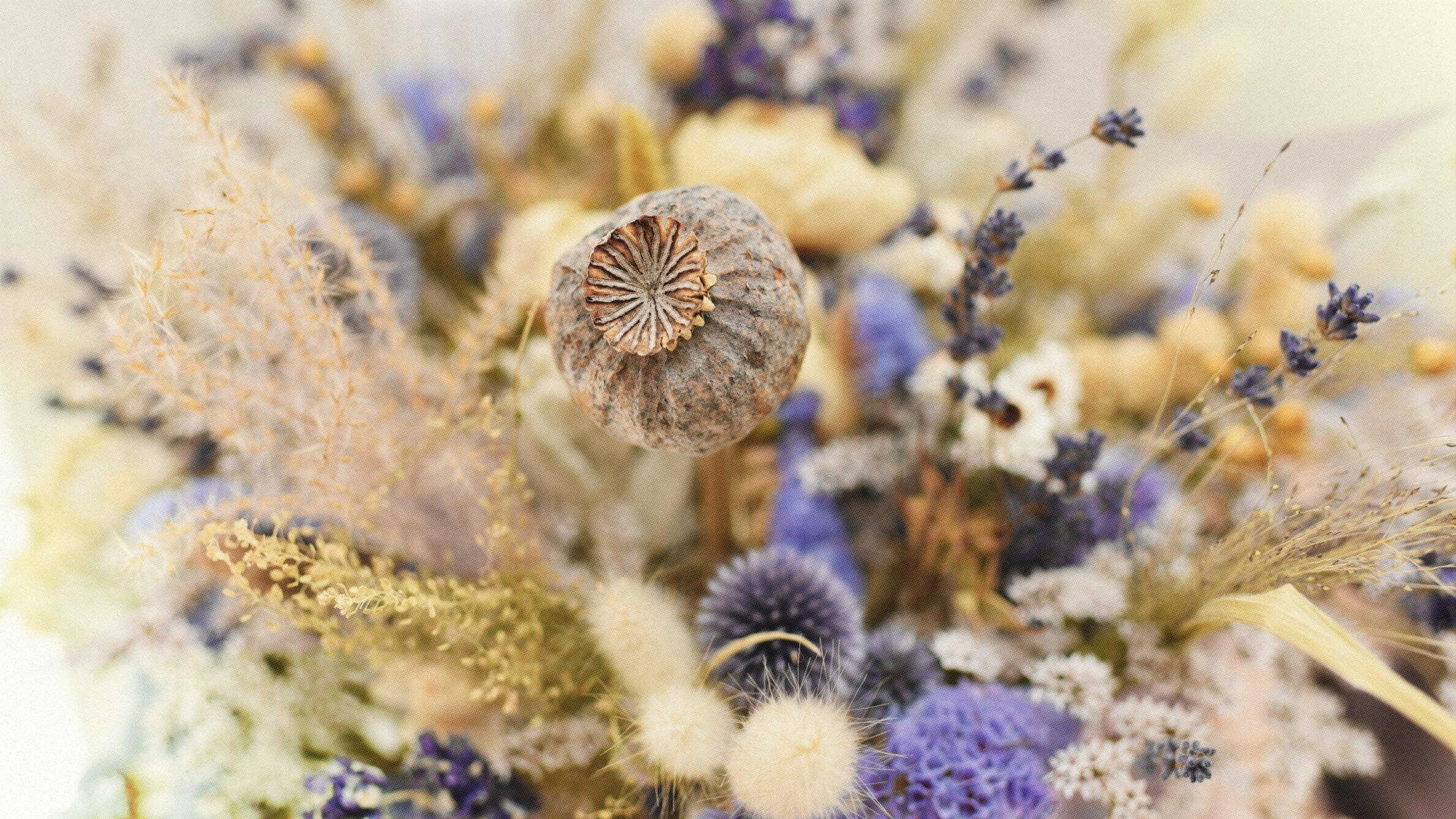
After wilting, place the flower remnants in a green garden waste bin, treating them as you would vegetable peels, for organic recycling at your local centre. Alternatively, get creative: use wilted flowers for arts and crafts! Hang them to dry for about two weeks, then press them between tissue paper with weights like books or bricks for two-four weeks more. Afterwards, use the dried petals for textured paintings, bookmarks, or even scented candles.
Proper recycling of bouquet or confectionery packaging
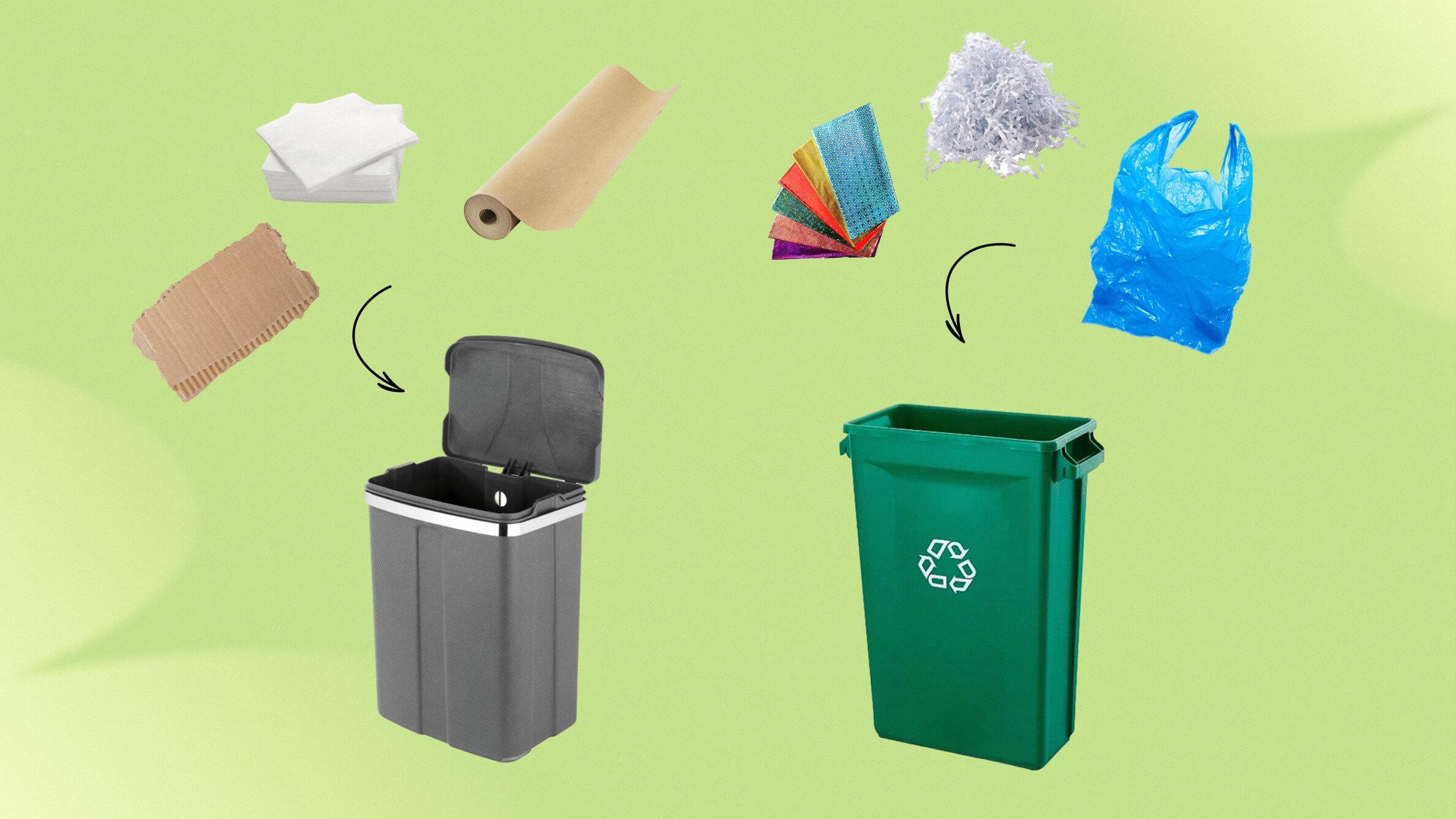
Effective recycling of packaging is essential for minimising environmental harm, conserving resources, and fostering a sustainable future.
- Recycle cardboard in your household bin, but be mindful of parcel tape, as it's not recyclable; Make sure to remove as much of it as possible before disposing of cardboard packaging.
- Plastic bags, plastic film, and bubble wrap cannot be recycled in your household bin but can be taken to specialist recycling points. To locate a collection point nearby, begin by checking your local supermarket.
- Brown wrapping paper and tissue paper are recyclable at home. However, coloured wrapping paper and shredded paper should be taken to a specialist recycling point for proper disposal.
Caring for the planet, people, and communities
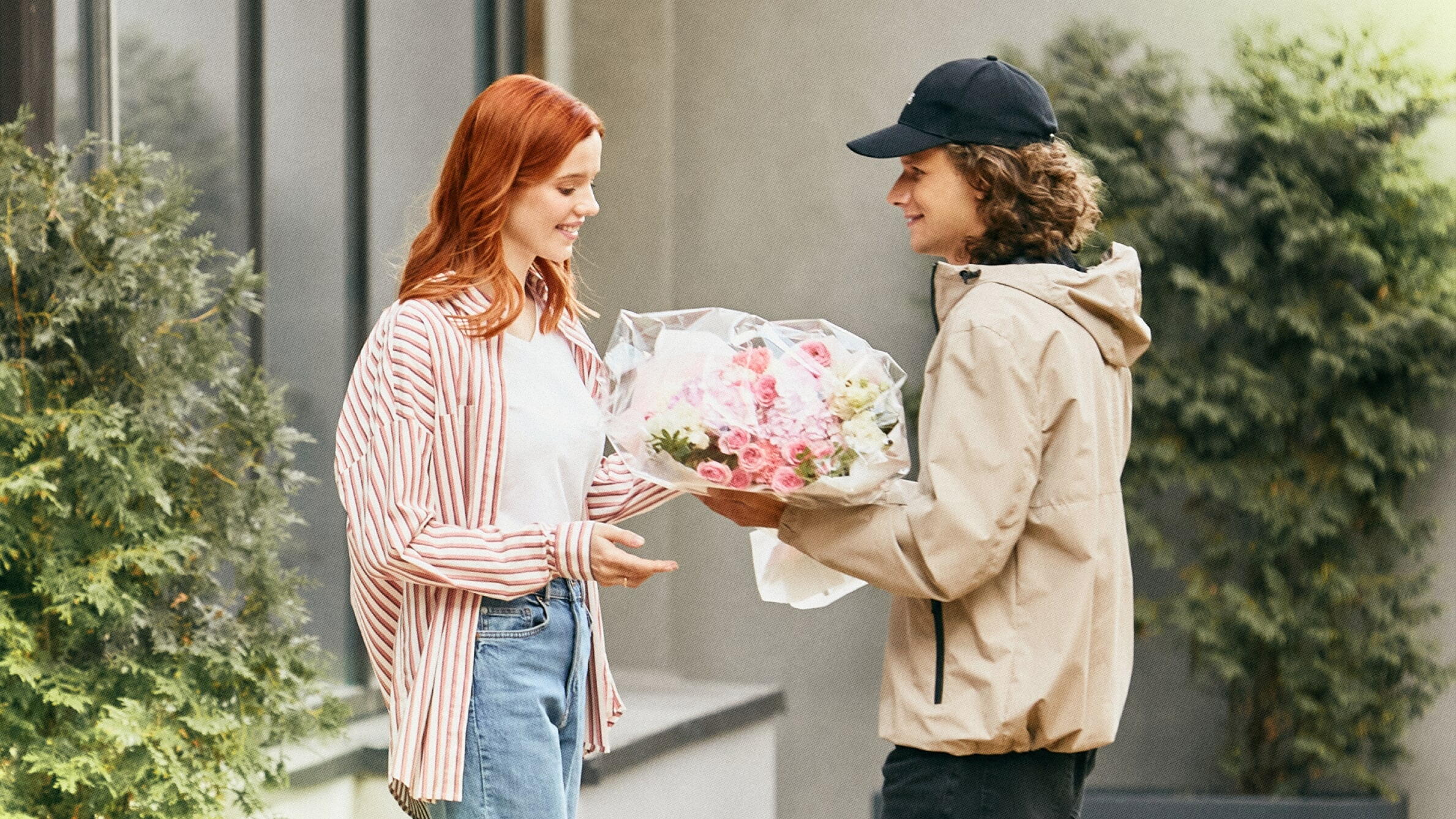
By recognising the interconnectedness of humanity and the environment, we understand that supporting local communities is just as crucial as preserving natural ecosystems. At Flowwow, we actively contribute to this ethos by collaborating with local vendors, thereby fostering the growth of the local economy. Through these partnerships, we not only ensure the sustainability of our business practices but also enrich the communities in which we operate. By prioritising local engagement and economic development, we strive to create a positive impact that extends beyond our immediate sphere of influence.



